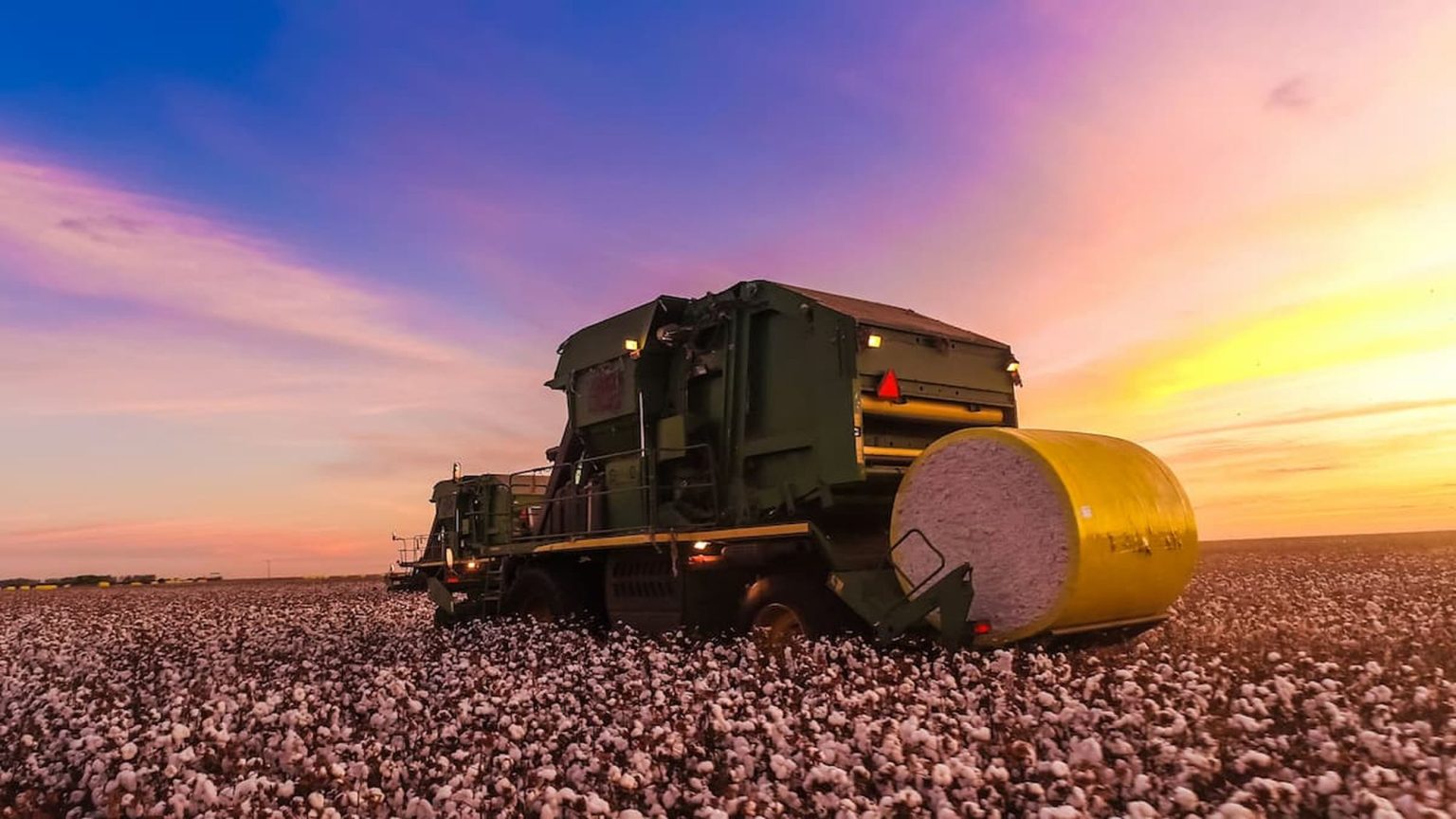by JACK GRAHAM & ANDRE CABETTE FABIO

Clothing factories that supply H&M and Zara are buying cotton linked to environmental destruction and land-grabbing in Brazil’s Cerrado – a biodiversity hotspot where deforestation is soaring, research by the Earthsight nonprofit has found.
While global concern has focused on the impact of beef and soy farming in the Amazon, deforestation alerts in Brazil’s lesser-known Cerrado tropical savannah jumped 44% in 2023, data from the National Institute for Space Research (INPE) shows.
Cotton is a major culprit as Brazil sets its sights on becoming the world’s biggest exporter, according to the Earthsight investigation.
“Corporations and consumers in Europe and North America are driving this destruction in a new way. Not by what they eat – but what they wear,” said the report.
Researchers from the group traced thousands of shipment records between two cotton producers it said were linked to land-grabbing and illegal deforestation in the Cerrado to Asian manufacturers that supply finished garments to brands including H&M and Zara – the world’s biggest and the focus of the Earthsight investigation.
The clothing factories are based in countries including Bangladesh and Indonesia.
The report said a sustainability standard used by the fashion brands called Better Cotton was “fundamentally flawed” and gave consumers no guarantee they were not buying cotton from Brazilian farms involved in environmental crimes.
Better Cotton certifies producers that meet its standards on sustainability and working practices, and says it covers 22% of global cotton production.
H&M described Earthsight’s initial findings as “highly concerning” and said it had asked Better Cotton to conduct a third-party investigation – the results of which a Better Cotton spokesperson said the organization was still analyzing.
A spokesperson for Zara-owner Inditex said Better Cotton “strictly prohibits” practices including land-grabbing and deforestation and that it takes “the allegations against Better Cotton extremely seriously”, pledging to monitor the outcome of the investigation.
Cotton boom in the Cerrado
Brazil’s cotton exports have risen sharply in the last decade due to booming output in the Cerrado, which has lost about half of its natural vegetation to agriculture and where laws restricting deforestation are less strict than in the Amazon.
Covering an area bigger than Mexico, the savannah includes forest areas and other vegetation vital to slowing global warming by absorbing and storing carbon. It is home to endangered animals such as the maned wolf and giant anteater.
It is also a key source of water for much of South America, but the spread of thirsty crops is threatening the water supplies of traditional communities and has driven them off grazing land they have used for generations, environmental researchers say.
Brazzil for more
